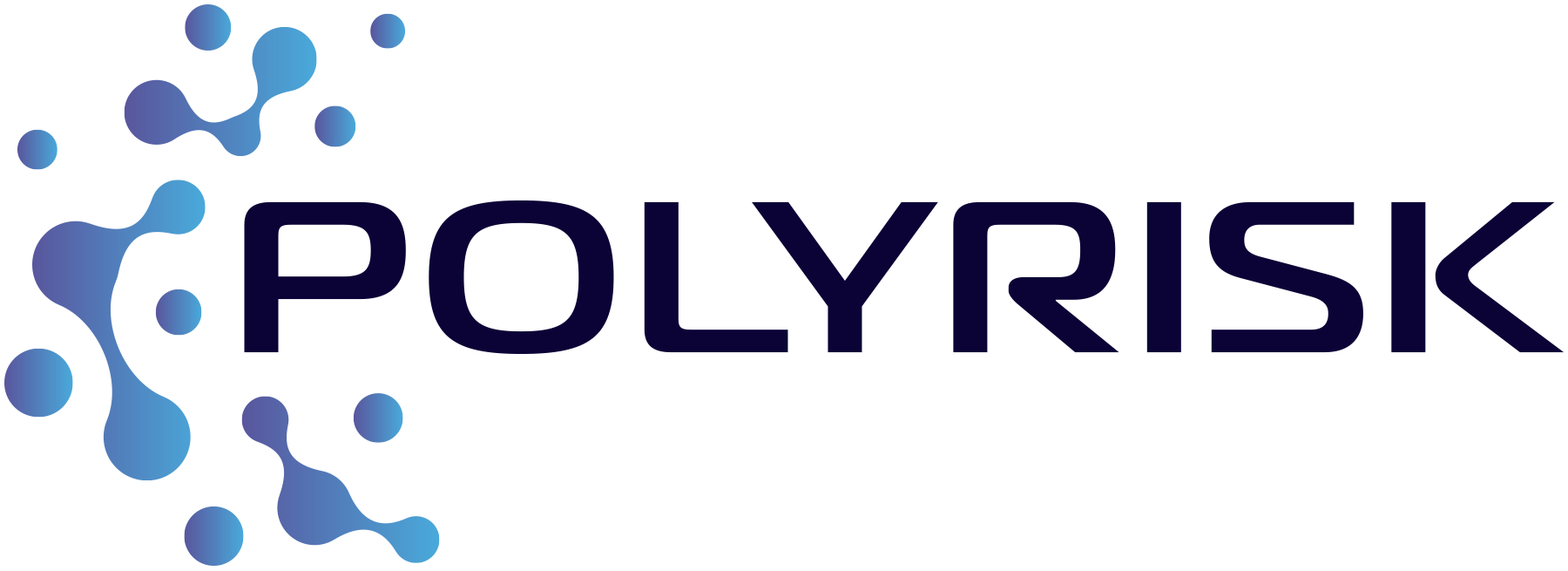POLYRISK – Understanding exposure and toxicity of micro- and nano-plastic contaminants in humans
From childhood to old age, we all come in contact with plastic products on a daily basis, in the living environment and food chain. Our plastic products are a source of plastic fragments, tiny particles generally invisible to the naked eye. How many of these plastic particles are actually being absorbed into our bodies via inhalation and ingestion? Could tiny micro- and nanoplastic particles (MNPs) inside our bodies be having a negative impact on human health?
The EU-funded POLYRISK project explores these questions by examining human exposure to MNPs and their potential toxic effects. POLYRISK considers occupational and consumer exposure and puts a special emphasis on potential adverse effects of MNPs on the immune system.
POLYRISK brings together a team of Europe’s top laboratories and risk assessors to measure plastic particles and their immunotoxicological effects on the human body. The interdisciplinary team of POLYRISK scientists are using advanced methods to chemically detect and quantify these plastic particles, understand key mechanisms of MNP toxicity in vitro, and to find biomarkers for toxicity using blood and saliva tests. These are important elements of POLYRISK’s human risk assessment strategy for MNPs.
POLYRISK aims to advance science and our understanding of how micro and nanoplastic particles in the living environment may impact human health. The project’s research findings feed them into current and future EU policies, and support actions envisaged under the European Green Deal in relation to plastic pollution – helping to ensure that human health is protected, today and in the future.
POLYRISK is an EU Horizon 2020 funded research project, and falls under the programme, Understanding health, wellbeing and disease and the topic Micro- and nano-plastics in our environment: Understanding exposures and impacts on human health, which includes four other projects: AURORA, PlasticsFatE, PLASTICHEAL and IMPTOX. These five projects form the European Cluster on Health Impacts of Micro- And NanoPlastic, CUSP.
Project coordinator: Dr. Raymond Pieters (Institute for Risk Assessment Sciences, Utrecht University).
For more information, please contact: Hildegard Luhmann, hildegard.luhmann@european-research-services.eu
Information and contact
For more information and contact info@polyrisk.science

